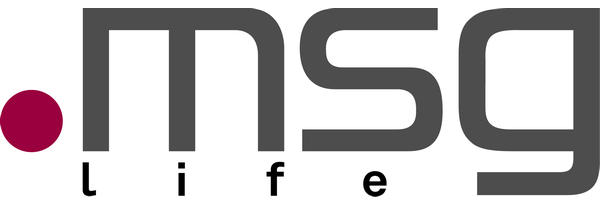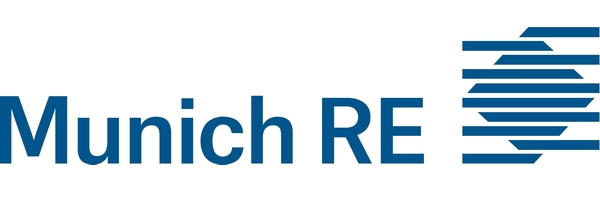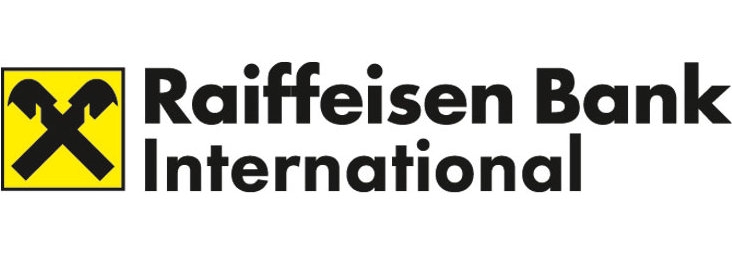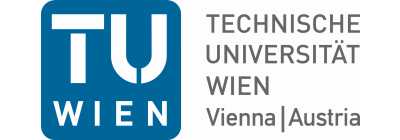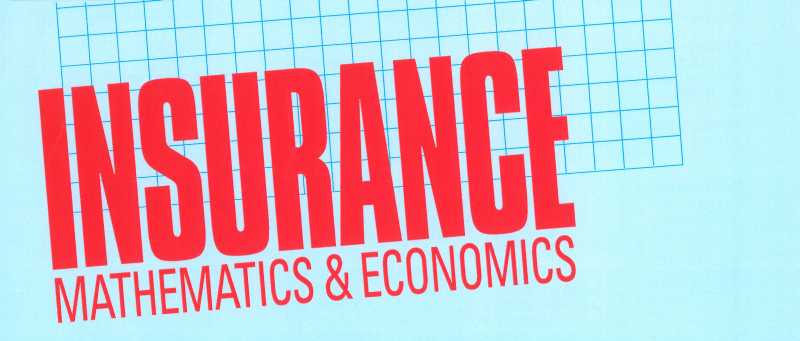Invited lecture: Thursday, 15:30, and Friday, 8:30, Room 1
Vincent Goulet (École d'actuariat, Université Laval, Québec, Canada)
Computational Actuarial Science with R
The numerical and computational aspects play an ever increasing role in the risk modeling and evaluation process. Participants to the workshop will improve their general programming skills and expand their knowledge of R for quantitative risk analysis.
The workshop focuses on best practices and adopts a hands on approach with lots of demonstrations and exercises. We will first review the basic notions of R programming from an actuarial perspective, study the most important tools and learn to be efficient with the language. Because it is an important topic for any programmer, we will devote some time to floating point numbers and roundoff error. Based on a case study, the second part of the workshop will follow a typical risk analysis process: manipulation and modeling of insurance data, estimation, measuring of risk, evaluation and simulation. In closing, participants will learn to do more and be more effective in their work with literate programming and version control.
A base knowledge of R and standard statistical and actuarial procedures is assumed.
Technical requirements:
Laptop computer with the most recent version of R installed and either a good R programmer editor or R IDE. We recommend:
• GNU Emacs with ESS (macOS, Windows);
• RStudio.
New: Documentation/slides:
https://vigou3.github.io/ime-2017-workshop-computational-actuarial-science-r/.
Short bio:
Vincent Goulet is professor at the School of Actuarial Science of Université Laval, Québec, Canada. He began using R when the version number still started with a 0. Vincent is the maintainer of actuar, the first R package specifically devoted to actuarial science and extreme value distributions. He has been teaching R programming to future actuaries for more than 12 years, an experience he distilled into the open document Introduction à la programmation en R (in French).

